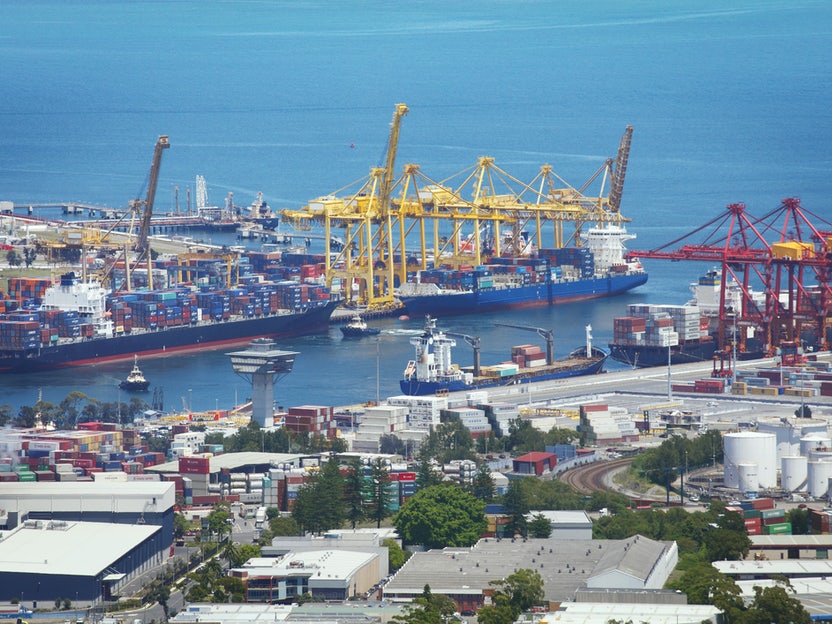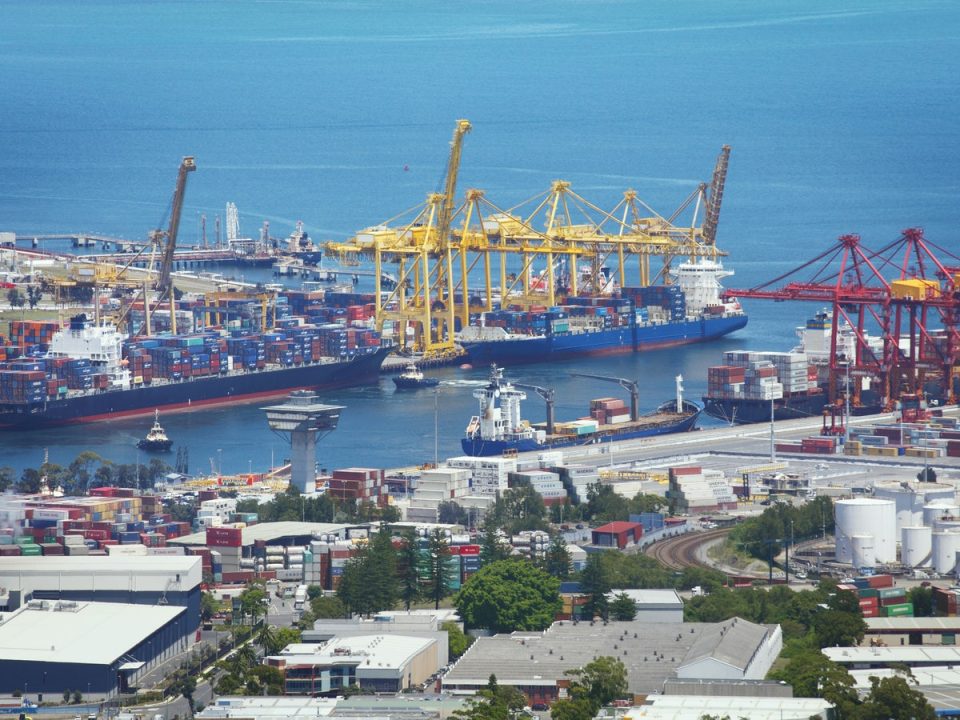
Current supply chain delays that have ravaged Australian supermarket’s supply of imported goods have been caused by COVID-19-related staff shortages rather than disruptions caused by Lunar New Year (LNY), industry experts say.
During the LNY period, which begins this year on February 1 and runs through to February 23, Chinese operations generally shut down for around two weeks as workers and families return to their hometowns, leading to run-on delays that impact supply in Australia.
This year, however, with disruptions that have affected the sector with increasing intensity since the start of pandemic lockdowns, industry leaders say the weak link is now Australian ports, where a soaring infection rate has led to an up to 20% reduction in available staff.
Jackson Meyer, chief executive of Australian freight forwarding company Verus Global, told Business Insider Australia the head of operations for the company in China said he was planning on keeping his family put rather than travelling home this year.
“I think the main part that we really haven’t seen before, and probably not even last year to be [a] variable, is the actual impact on the local labour here in Australia,” Meyer said.
“We’re seeing consistent infections,” he said.
Meyer said the current labour shortages at ports were worse now than they had been at any point since the start of the pandemic over two years ago.
“There’s a lot of delays that are [occurring] onshore through the actual labour shortages and positive infections that we haven’t seen before or not to this extent,” he said.
“If you went shopping at Woolworths or Coles [during past lockdowns], they still had stock.
“Now…all of the wharf terminals are reporting staff shortages, which is creating significant issues in getting time slots available for [getting] containers off vessels and similar issues…with costs,” he said.
“So the pressure that this puts on businesses and I guess local transport companies is immense.”
Staff shortages continue to rock supply chains
Since the start of the pandemic, supply chains have come under strain from an avalanche of compounding factors including increased demand for goods, infection of workers, global shipping container shortages, and rising freight costs — along with Australian industrial action at ports.
At the same time the decision not to return to lockdowns by Victoria and New South Wales led to a surge in infections across essential industries — including warehouse and supermarket workers, transport workers and port workers — that have caused up to 50% of workforces to be forced off the job.
In early January supermarket giant Woolworths revealed more than 20% of staff at some facilities were missing work as thousands of COVID-19 cases and close contacts through the supply chain caused shortages nationwide.
Ports similarly began to report staff shortages around this time, which they said threatened critical supplies to the Australian economy.
Treasurer Josh Frydenberg has said workforce and supply chain problems caused by isolating staff was a “key issue” of concern for the government, following reports from businesses that the situation had led to conditions that were a ‘de facto’ lockdown.
Jo Masters, chief economist at EY, told the Australian Financial Review that the omicron wave was having the same consequences for businesses as a lockdown.
“The cause isn’t the same — it’s workforce shortages rather than forced closures — but the outcome is the same for businesses; they can’t open their doors,” Masters said.
Alex Ewart, co-founder of Brisbane-based digital freight forwarder start-up Explorate, said the company similarly hadn’t felt the same level of disruption because “the lead up to Lunar New Year hasn’t been really any different to the rest of the year”.
Ewart told Business Insider Australia that instead what was continuing to have an impact was China’s ‘COVID-19 zero’ policy, which was shutting down cities and by extension ports, causing delays at both ends of the supply chain.
“When you have one of our biggest trading partners, China, having snap lockdowns…it makes it really hard for us to have any form of reliability,” he said.
“Chinese New Year’s is not a big disruption. It is a whole week off. But we’ve planned for that. What we haven’t planned for are snap lockdowns.”
Across the wider business community, a majority see these issues continuing to impact Australian companies, and by extension consumers, into 2022.
A survey of 346 chief executives by national employer association the Australian Industry Group (AiGroup) found 52% expected import disruption to continue into next year.
Innes Willox, chief executive of AiGroup, said the situation was projected to only “moderately ease by 2023 and beyond”.
“These pressures can undermine our economic recovery from the pandemic and ultimately dampen economic growth,” he said.



